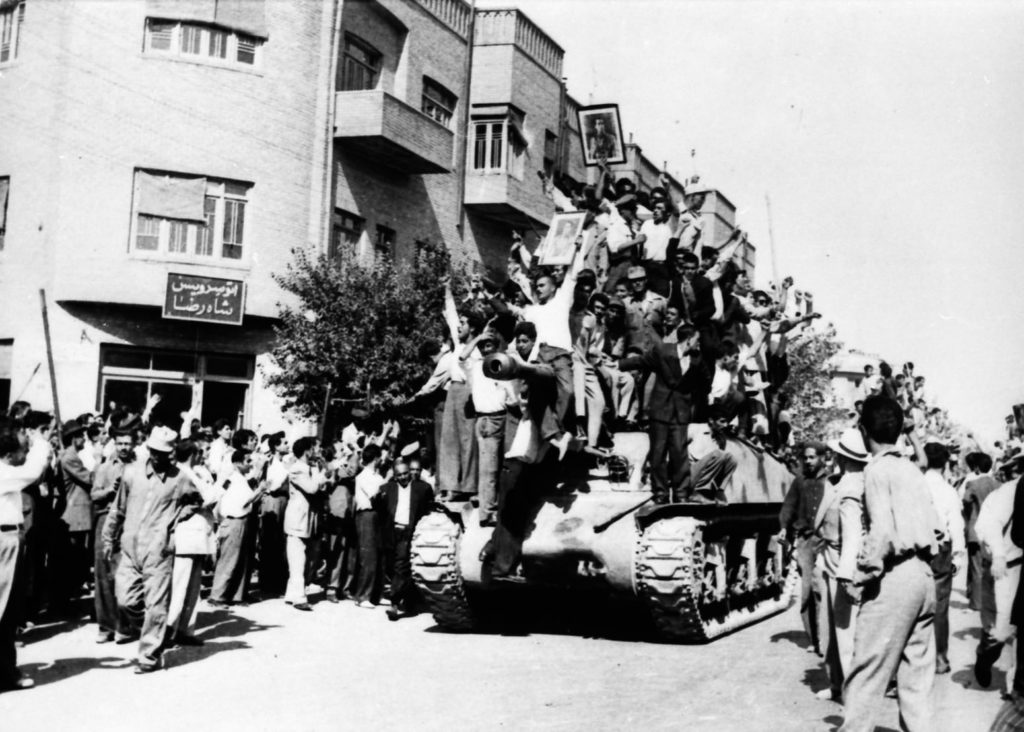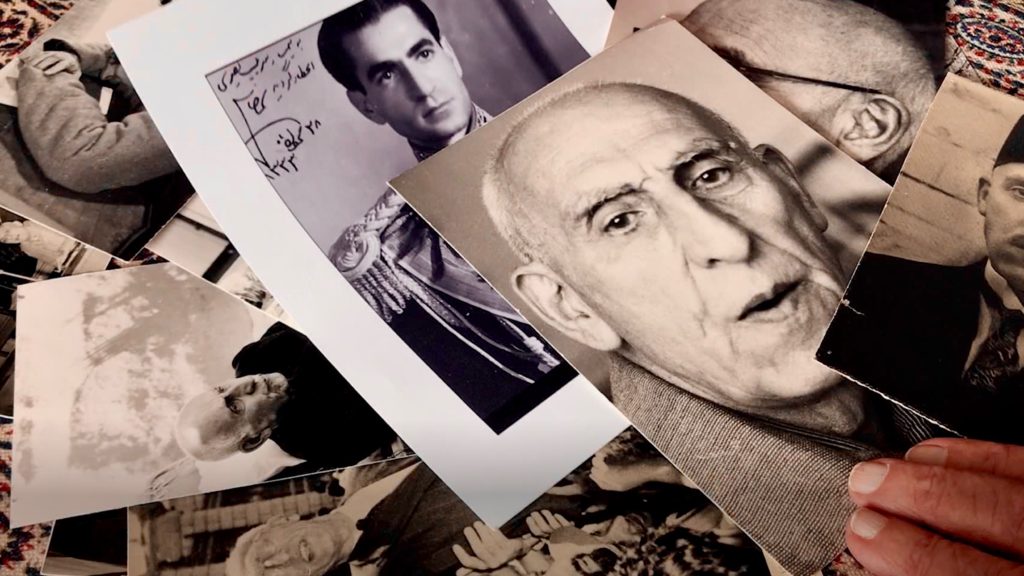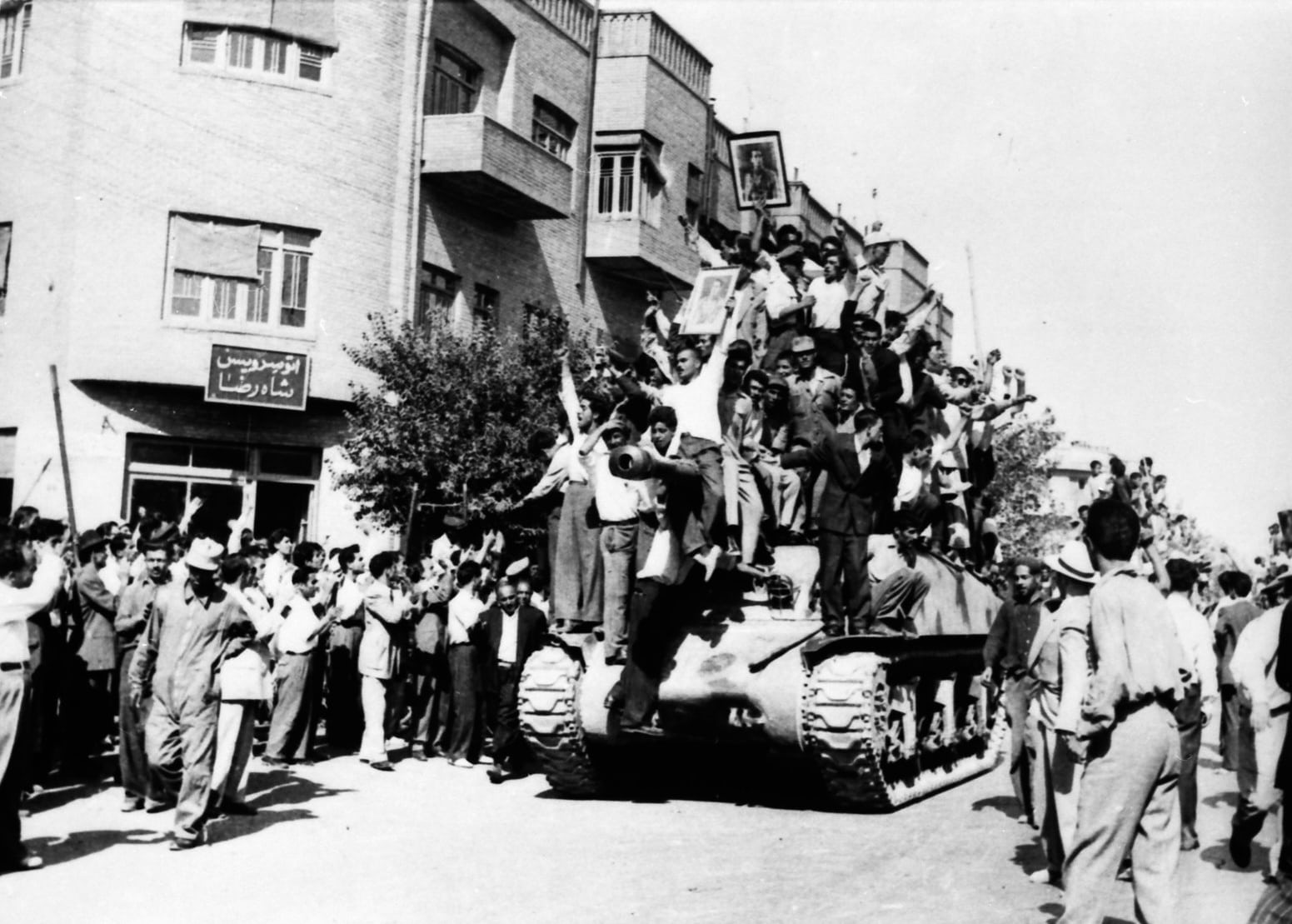In August 1953, Iranian prime minister Mohammad Mosaddegh was arrested and removed from power, replaced by a military regime with the Shah, Mohammad Reza Pahlavi, at its head. It was an event that changed the course of Iran’s history away from democracy and reform under Mosaddegh, and towards an autocracy. Historians have pointed to the 1953 coup as one of the principal causes of the 1979 Iranian Revolution, the importance of which cannot be overstated when discussing the last fifty years of the Middle East’s history.

Though the CIA has since acknowledged – some might even say taken credit for – its involvement in the regime change, the UK has not admitted its involvement. In Coup 53, all the evidence presented leads to the damning conclusion that not only were British intelligence agents involved in the coup, they were its originators.
For those less knowledgeable of the full context surrounding the coup d’etat, filmmaker Taghi Amirani provides a more than adequate crash course in the Anglo-Persian Oil Company, British interests and influence in the region, as well as America’s anti-Communist policies and Cold War paranoia.

With the background established, Amirani takes us through his years of research into the coup d’etat, its origins and unsolved mysteries. Born in Iran, he moved to the UK in 1975, while the Shah was still in power, and his personal investment is truly the beating heart of the film. From Washington to Berlin we follow as he tracks every last document and piece of interview footage.
Often it is as though Amirani is hunting ghosts – a majority of those involved in the coup, or associated Mosaddegh at the time are now deceased. One elusive character, a British agent, soon emerges from Amirani’s research as the key to proving Britain’s role in the coup. Engaging, engrossing and ultimately eye-widening, this film brilliantly sets the historical record straight.
